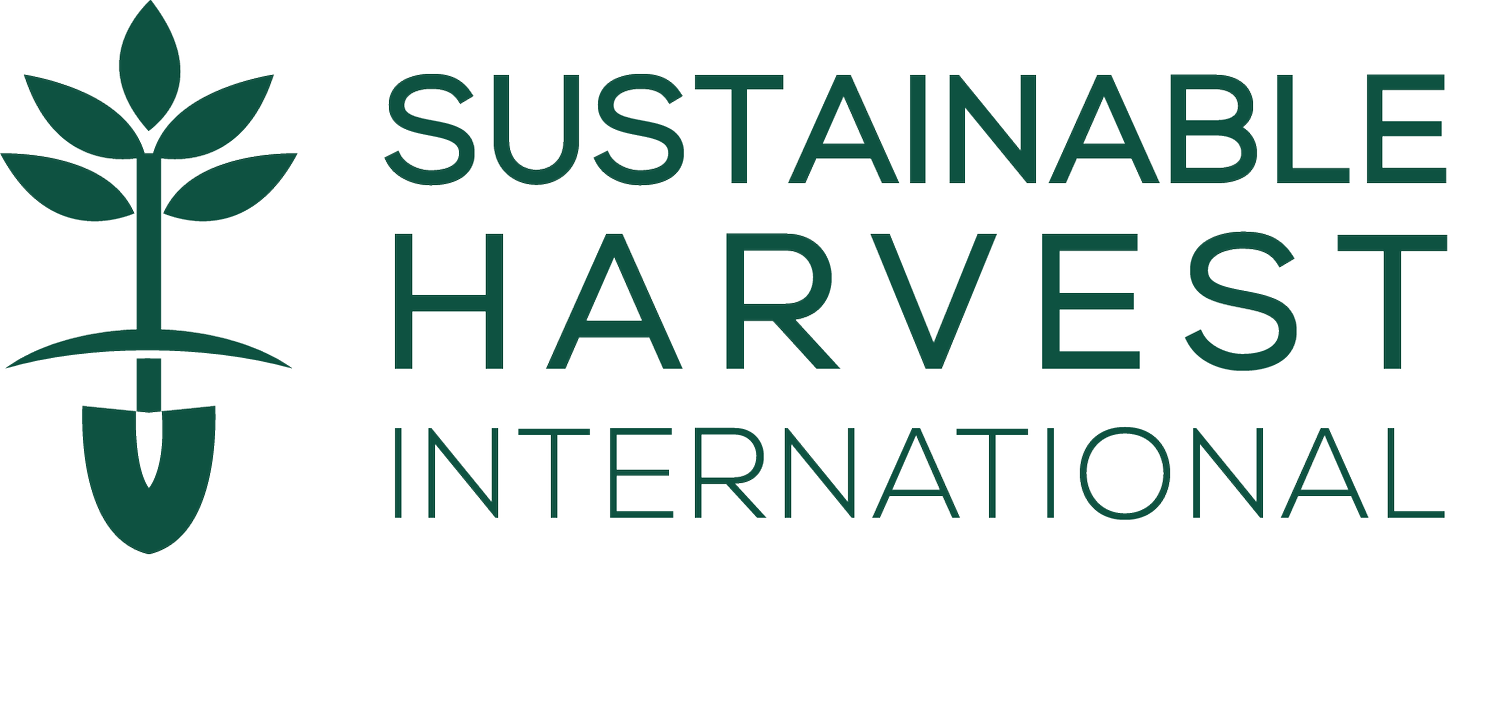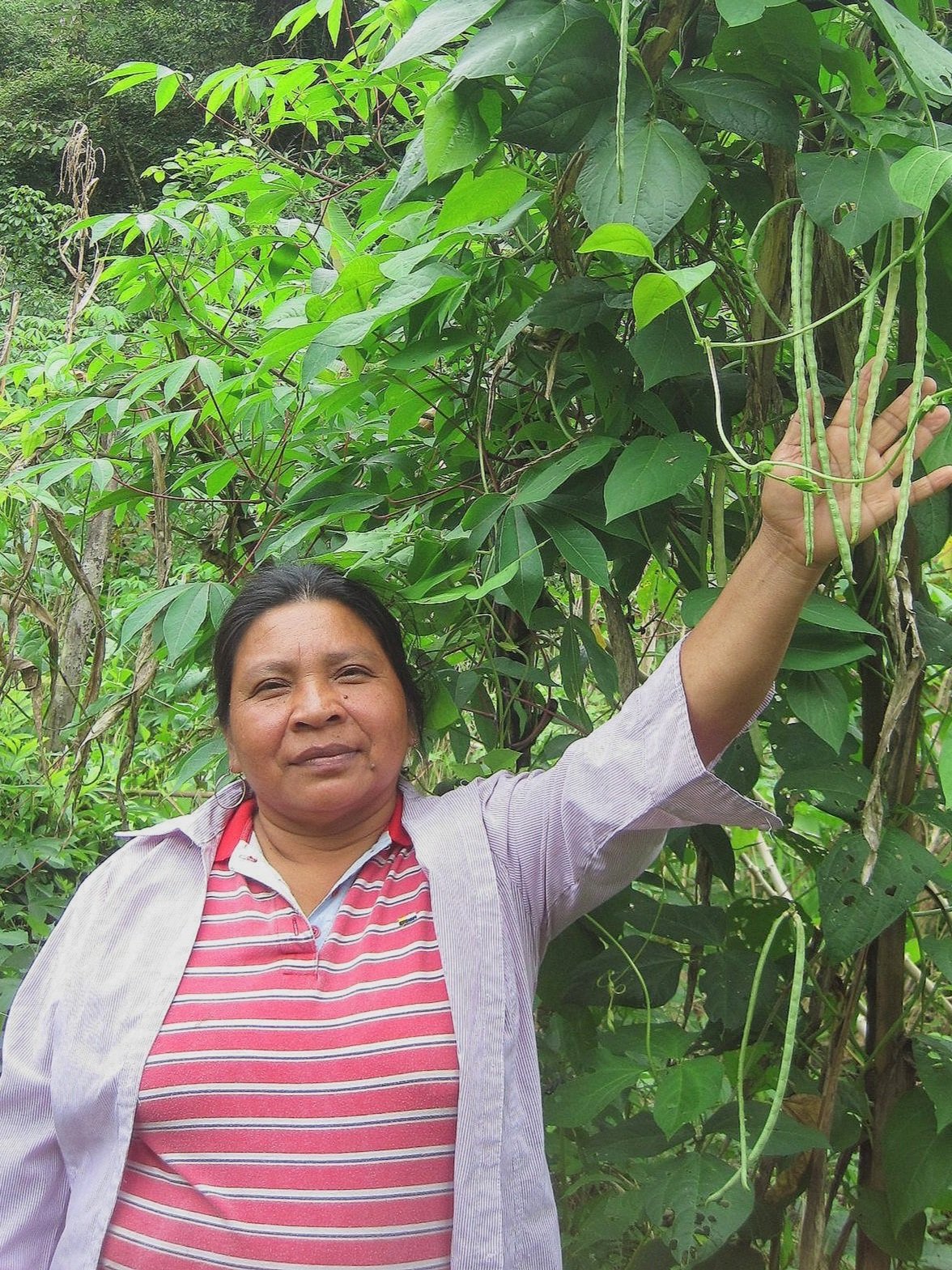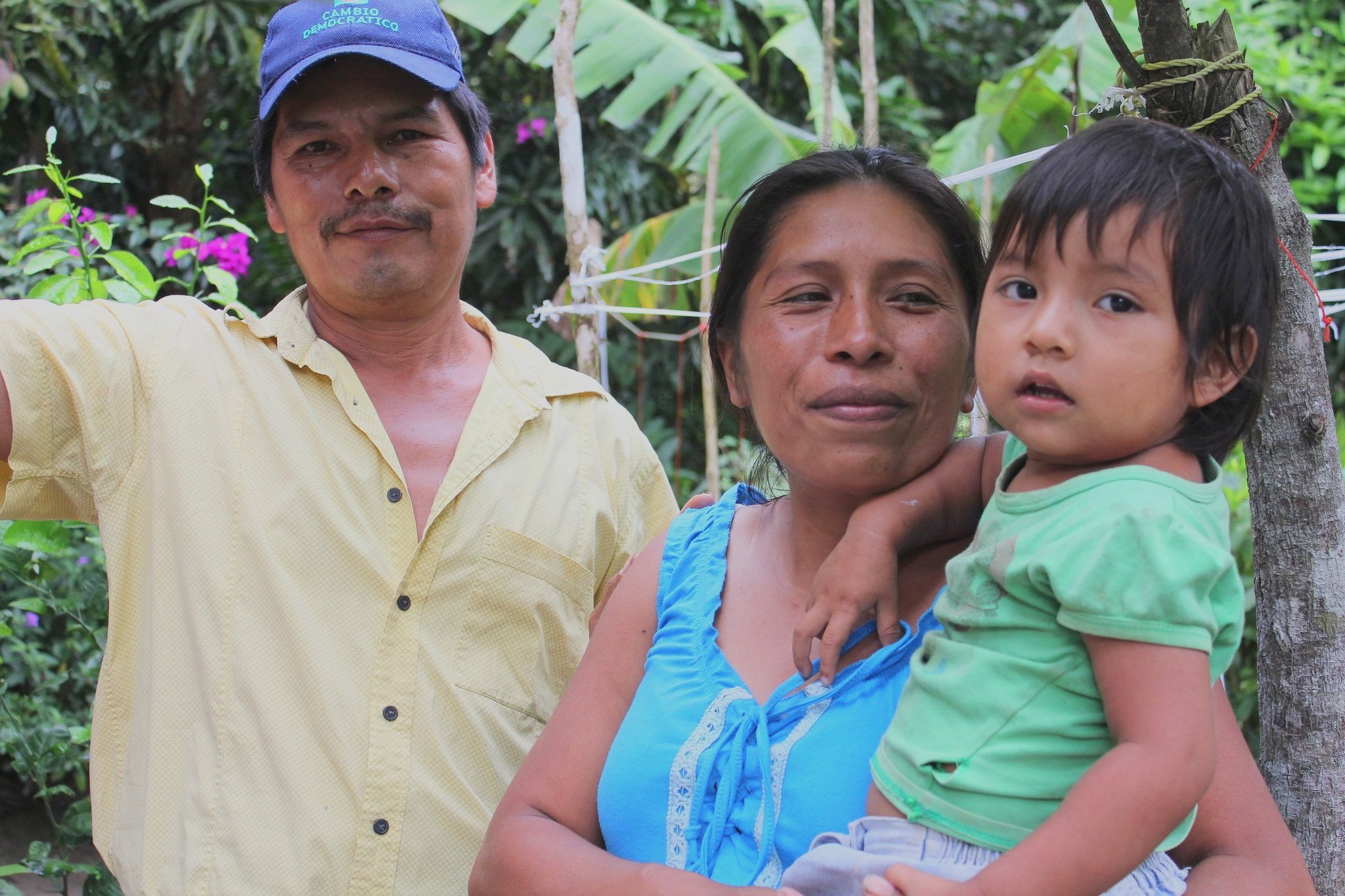How We Partner With Family Farmers
We provide family farmers with the training and tools necessary to become community leaders in sustainability. Sustainable Harvest International's (SHI) local field trainers work with families, individuals, and communities for an average of four years. This long-term approach creates lasting transformation, as program participants continue to apply the skills they've learned long after graduating.
Our program includes three distinct parts:
sustainable agricultural techniques,
small business development, and
communal capacity building.
When participants graduate from our program, they teach others the skills they learned - multiplying our impact.







